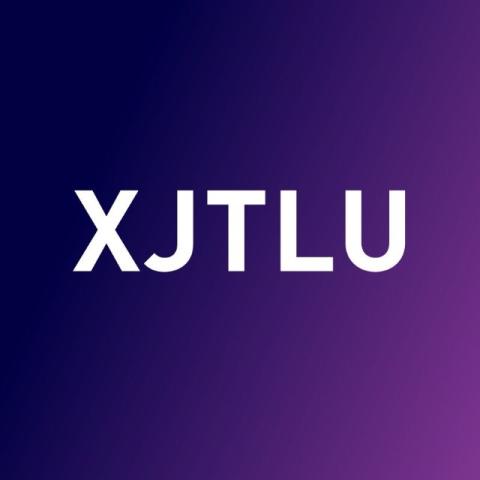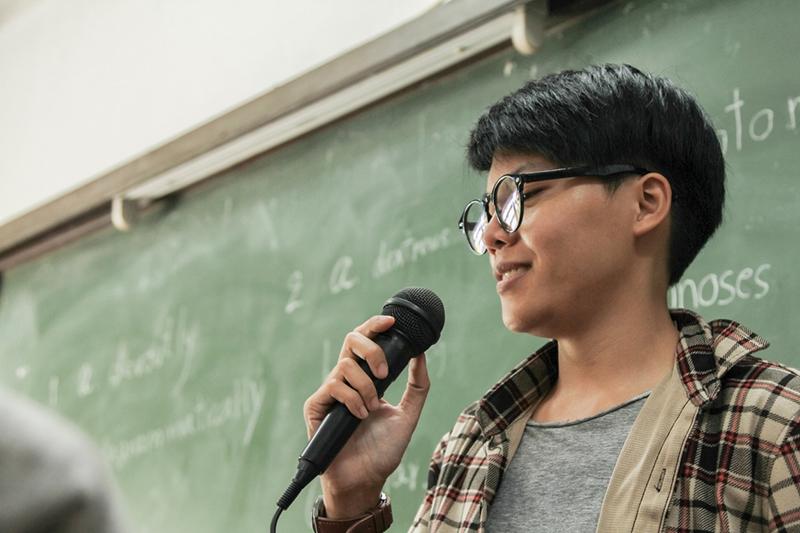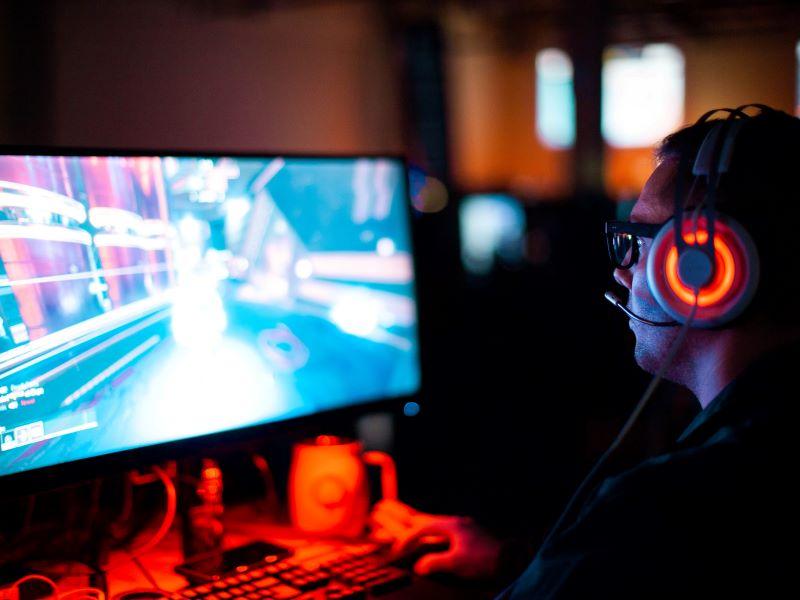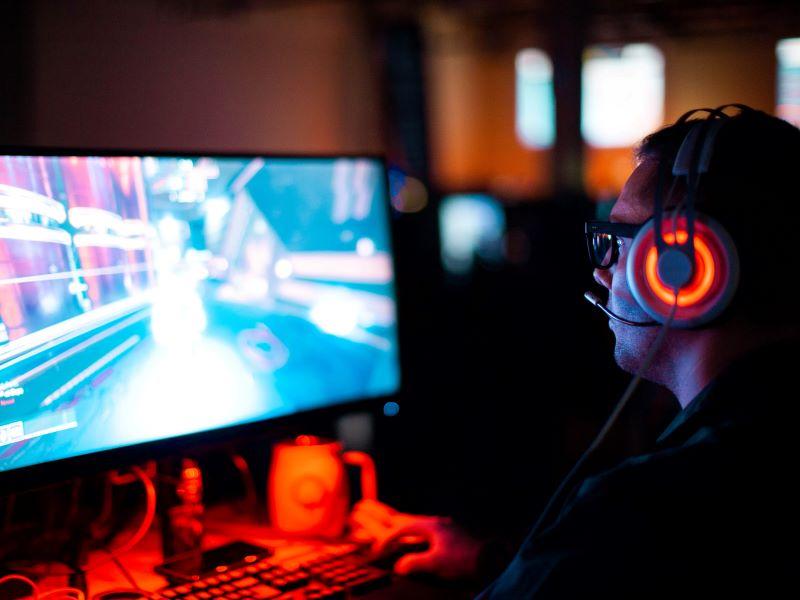
Use gamification to teach complex international relations concepts
Simulations and games can significantly enhance students’ understanding of complex topics and help them apply relevant theories in real-world contexts
Gamification is invaluable for illustrating decision-making processes and for teaching students how complex theories work in practice, particularly within political frameworks. In our international political economy (IPE) module, we use game-based pedagogy to help foster deeper understanding, increase engagement, promote peer learning and creativity and offer students a platform where they can explore diverse cultural perspectives on concepts such as equality and human rights.
The first step towards gamification of this module involved integrating NationStates, a free online simulation game in which players create and manage virtual countries. It emphasises political decision-making, allowing players to shape laws and ideologies by responding to daily issues. The game facilitates the exploration of political concepts and international diplomacy in a dynamic, interactive environment, giving our students the opportunity to apply IPE concepts in real time in a virtual environment over two months.
As the methodology evolved, we introduced physical board games, selecting them for their alignment with specific international relations theories and their capacity to facilitate active learning. We chose Risk, a game where players aim to achieve global domination by conquering territories through strategic military actions and alliances, to reflect the complexities of strategy and diplomacy. We also chose Settlers of Catan, where a player’s goal is to build settlements and cities by acquiring and trading resources and fostering economic growth, to help students learn about resource management and economic interdependence.
- Resource collection: Teaching critical thinking
- Using experiential learning to teach international relations
- How I train students in strategic and reflective academic reading
Later, we moved from gameplay to game design, encouraging students to engage more deeply with the material and apply economic and historical knowledge to their creations. Shifting from gameplay towards game design necessitates thoughtful consideration of the real-world complexities, dynamics and nuances that might be absent in a pre-constructed game setting. The process of designing a game demands students to delve deeper into theoretical concepts, thereby fostering an elevated level of engagement, analytical thinking and practical application. It presents them with the challenge of crafting scenarios that are not only theoretically robust but also reflective of the intricate dynamics of global politics and economics.
Our aim was to boost student engagement and improve learning outcomes by immersing students in gaming, enhancing critical thinking and collaboration and giving them a sense of ownership of their learning journey. We designed a comprehensive and methodical approach to facilitate students’ understanding and application of board game mechanics and design principles and the integration of academic concepts into their game projects.

We outline the steps below.
Initial game analysis: students start by analysing board games such as Risk and Settlers of Catan. They should then present their understanding of these games' mechanics and themes and how certain elements could be used to illustrate the theories relevant to the module.
Brainstorming and tutorials: following the analysis, students participate in brainstorming sessions during tutorials where they can discuss ideas for their own game designs. These sessions help students refine their concepts and ensure that their designs are both innovative and educationally valuable. In our module, teams researched historical eras such as the Warring States period in China, integrating this into their game narratives and mechanics for historically informed gameplay.
Design and presentation: students develop their game, focusing on incorporating the academic values and learning outcomes discussed. They present their designs, explaining how their mechanics, themes and narratives reflect the theories and concepts learned in the module.
Final report submission: last, students submit a comprehensive report detailing how their games work, which theories they refer to and reflections on how the game design experience contributed to their understanding of the international political economy.
Impact on student engagement and learning
This innovative pedagogical approach significantly heightened student interest and active participation. Students became more active in discussions, shifting their focus from grade-oriented learning to an intrinsic interest in knowledge.

Student feedback and module questionnaire scores also speak to the initiative’s success. Selected comments include: “The professor’s use of cases and interactive games greatly enhanced our understanding of the theories” and “The course fostered critical thinking through its design.” Additional feedback similarly praised the course’s interactive and engaging approach. A survey on the “learning by gaming” method revealed high satisfaction, with 38 per cent of participants strongly agreeing and 46 per cent agreeing that it increased their interest in international relations.
This innovative teaching method has demonstrated remarkable results in terms of student engagement and understanding of complex international relations concepts. Through the creation of games like these, students can effectively apply their knowledge within a collaborative setting and work towards a more profound understanding of political science theories and concepts. The “learning by gaming” approach can enhance the educational experience within international relations classes and beyond.
Linjia Zhang is associate professor in the department of economics and Yingchan Luo is senior teaching fellow in economics, both at the International Business School Suzhou at Xi'an Jiaotong-Liverpool University.
If you would like advice and insight from academics and university staff delivered direct to your inbox each week, sign up for the Campus newsletter.



